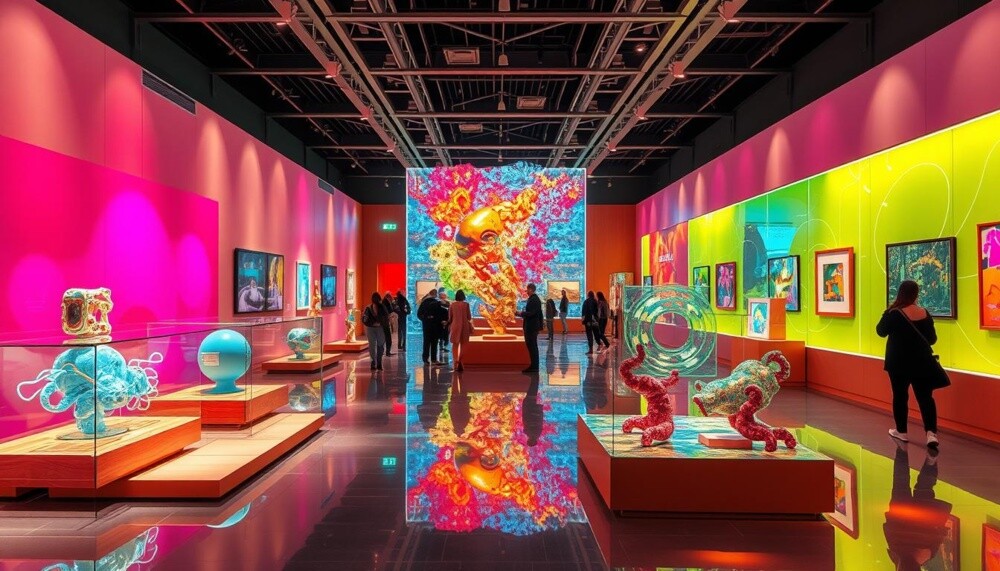Key Takeaways
- Jeff Koons has expressed his reluctance to collaborate with AI in his art-making process.
- Biological art-making is a key aspect of Koons' creative process.
- The use of AI in art is a growing trend, but Koons' decision to reject it is significant.
- Critics believe that some art is superior to what the general public appreciates.
- Teachers play a role in subsidizing artists by providing inspiration and support.
- The art world has different tiers of financial compensation, and the market for painting made with expressive intentions is larger than for art or literary comics.

These days, it seems like almost everyone is embracing AI—not just tech-focused creators but also renowned painters like David Salle and Takashi Murakami. However, sculptor Jeff Koons isn’t among them, at least for now. In an interview with The Guardian this week, Koons shared his hesitation about using AI as part of his artistic process for the time being.
“I don’t currently work with AI directly, except to explore different possibilities,” Koons said. “For example, I might ask: What would this table look like in wood? Or how would this shape appear in marble? Maybe in reflective steel? That’s where it ends. I use AI as a tool for generating options, not as a creative partner.”
Koons’s art has never been particularly associated with a handcrafted aesthetic. He is best known for creating massive sculptures of balloon animals, rocking horses, and kitschy objects that appear to be machine-made. Their polished, flawless appearance requires significant time, effort, and resources, and the high fabrication costs of his artworks have often been a topic of debate.

Historically, Koons has not opposed the use of digital technology in the creation of his pieces. In a 2019 interview with The Art Newspaper, he acknowledged that his work had “become increasingly reliant on 3D modeling, computer data, and the engineering and reverse engineering of that data.”
However, in his recent conversation with The Guardian, Koons drew a clear distinction when it came to AI, suggesting that it might detach his work from its human essence. “At this moment, I am deeply rooted in biology,” he explained, referencing a discussion with an unnamed Nobel Prize laureate about chemical chain reactions.
This focus on biology, Koons noted, plays a central role in his current exhibition at the Alhambra in Granada, where his pieces are shown alongside works by Picasso. Biology, he argued, offers “the capacity to create more from something,” a quality he believes AI has yet to achieve.


 Selena Mattei
Selena Mattei